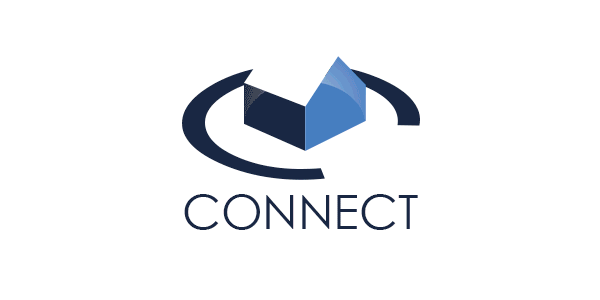When moving house, one of the key considerations is what to do with your existing mortgage. Should you transfer it to your new property or explore a new deal? This decision has significant financial implications and should be approached with care.
Key Points
- Transferring (porting) your current mortgage allows you to retain your interest rate, but not all mortgages offer this flexibility.
- There are potential costs, such as early repayment charges, exit fees, and valuation fees, which can impact your decision.
- Evaluating your financial situation, future goals, and current mortgage terms is essential.
Mortgage Options When Moving Home
Your mortgage decision will depend on several factors when purchasing a new home. You have two primary options: transferring your current mortgage to the new property or settling it and taking out a new loan. Here, we explain these choices in detail.
Transferring (Porting) Your Mortgage
Porting your mortgage means carrying your current mortgage to your new home. This can be beneficial if you’re on a favourable interest rate. However, it’s essential to confirm if your mortgage is portable. Check your agreement or consult your lender for clarity.
If your mortgage is portable, you must meet your lender’s criteria again. Changes in your financial situation, such as income fluctuations or increased debts, could affect your eligibility.
Taking Out a New Mortgage
If your mortgage isn’t portable or your new home’s value exceeds the current loan, applying for a new mortgage might be necessary. While this allows you to find a better deal, be prepared for fees, including early repayment charges and arrangement costs.
Borrowing More Money
Additional borrowing may be required for those upgrading to a more expensive property. This can be done by increasing your current mortgage or applying for a supplementary loan. Your credit score and income will influence the amount you can borrow.
Should You Port Your Mortgage?
Porting might be a good choice if you’re moving to a similar or cheaper property and wish to retain your current interest rate. However, if you need to borrow more, comparing costs between porting and switching lenders is advisable. Use mortgage calculators to estimate repayments and affordability.
Downsizing or Moving to a Cheaper Property
If downsizing, you might reduce your mortgage repayments or even pay off your loan entirely using the equity from your sale. However, consider whether your lender’s terms align with this plan. Loan-to-value (LTV) ratios and other factors could affect your options.
Negative Equity and Moving House
For homeowners in negative equity, moving house can be more complex. Speak to your lender about potential solutions. Some lenders might allow you to carry the shortfall, but restrictions often apply.
Delayed Moves and Mortgage Portability
If your move isn’t immediate, your lender might permit porting within a set timeframe. However, a new mortgage application may be required if delays occur, incurring additional costs.
Fees Associated with Moving Your Mortgage
Be mindful of associated costs when porting your mortgage or applying for a new one. These can include:
- Early repayment charges
- Exit fees
- Booking and arrangement fees
- Valuation and conveyancing costs
- Broker fees
These expenses should be factored into your decision to ensure the most cost-effective choice.
Using Equity as a Deposit
Equity from your current home sale can serve as a deposit for your next property. This is particularly useful when upgrading to a larger home or reducing your mortgage for a smaller property.
Protecting Your Home with Life Insurance
Moving house is an excellent time to review your financial protection. Life insurance ensures your family won’t struggle with mortgage payments in unforeseen circumstances. Providers like Connect Experts can help you find suitable coverage.
Compare Mortgage Options
Before deciding, compare mortgage deals to find the best fit for your needs. Online tools like mortgage calculators and affordability checks can guide you. Connect Experts offers resources to help you compare rates and understand your repayment commitments.
Moving house is a significant financial decision requiring careful consideration of your mortgage options. Understanding the costs and benefits of porting versus taking out a new loan will help you make an informed choice. You can transition smoothly to your new home by planning and consulting professionals.
Thank you for reading our publication “Moving Home? | What Happens to Your Existing Mortgage?” Stay “Connect“-ed for more updates soon!




